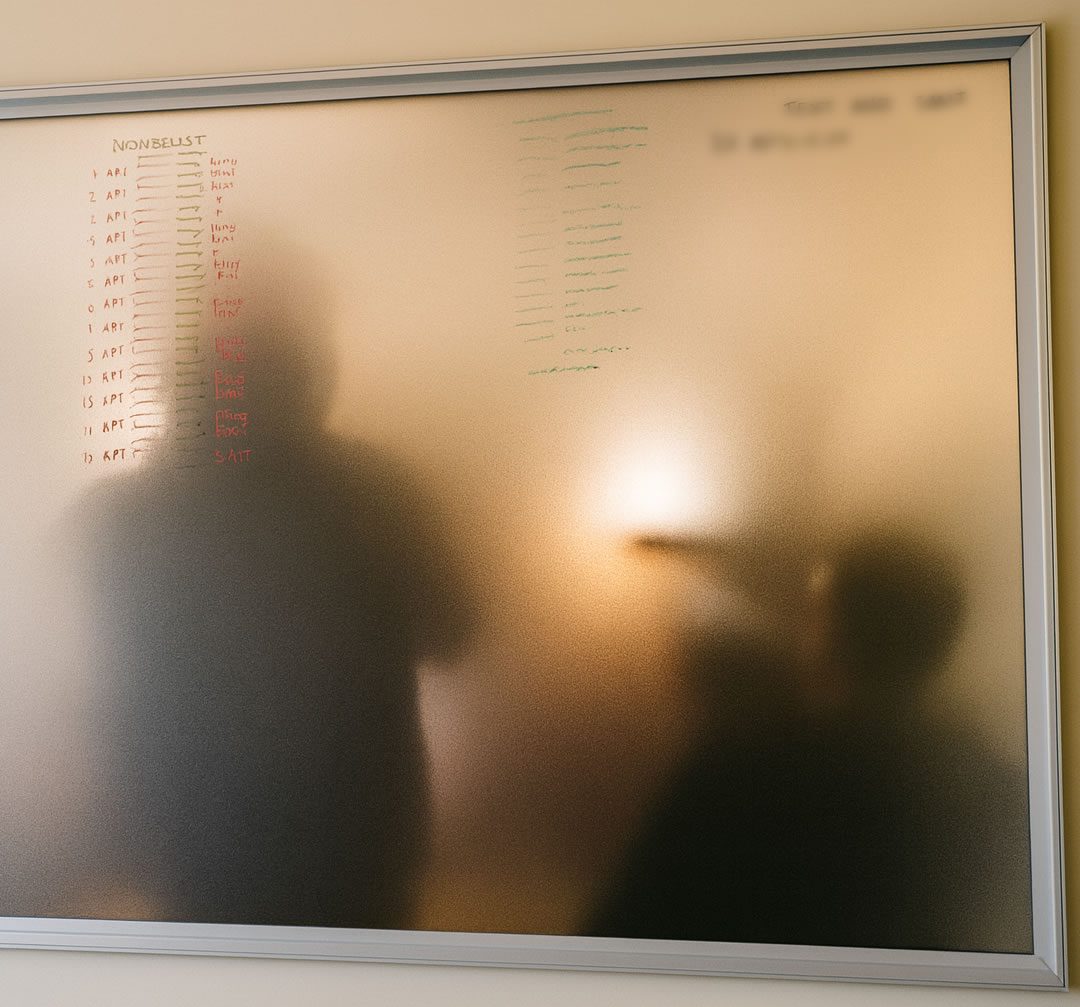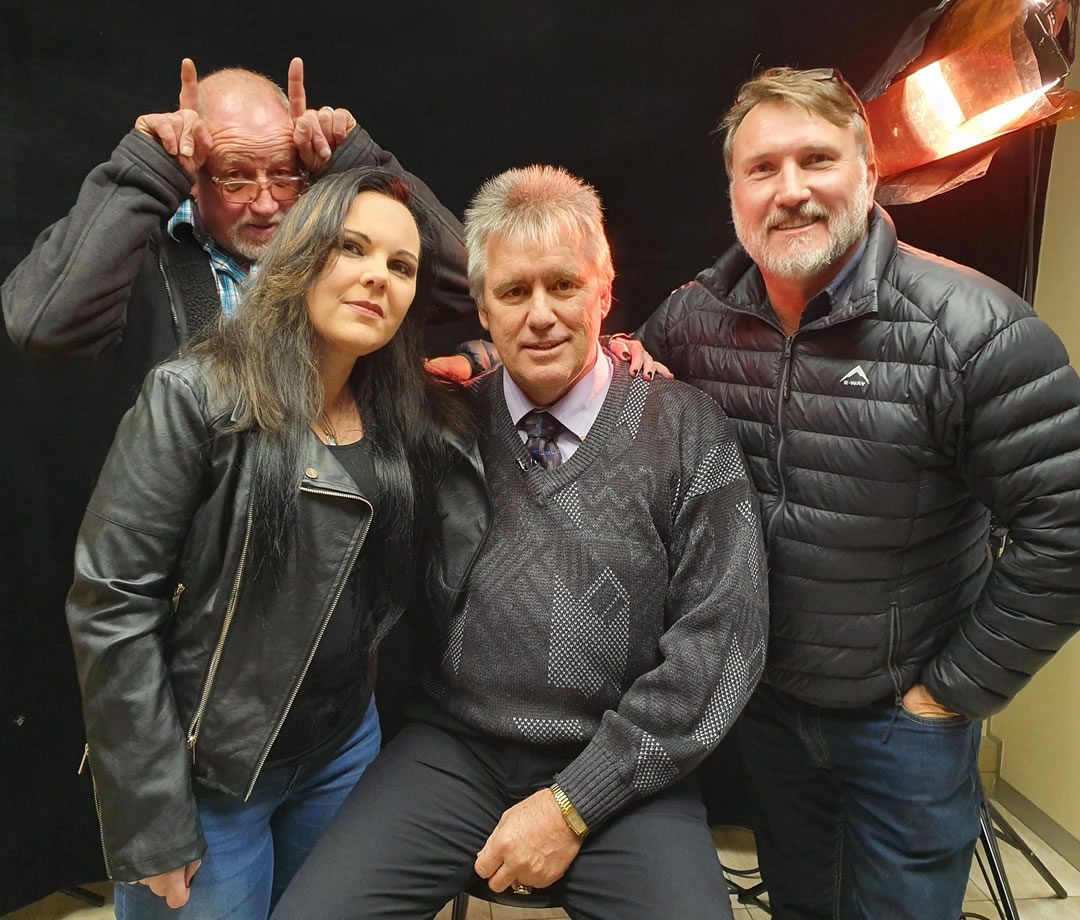
SURVIVOR-ADVOCACY & PUBLIC INTEREST
Candice Rijavec’s advocacy grew out of first-hand proximity to the network surrounding the Krugersdorp killings (2012–2016), in which the cult Electus per Deus (“Chosen by God”) orchestrated a string of murders on Johannesburg’s West Rand. Her public work focuses on centring victims, documenting coercive control dynamics, and pushing for accountability through accurate, accessible storytelling that does not sensationalise trauma.
When Candice stepped into the shadows cast by the Krugersdorp Killers (Electus per Deus) cult and the chilling string of murders in Krugersdorp, she didn’t just become a witness – she became a voice. What began as a personal reckoning with trauma has evolved into a wider mission: to shine light into the darkest corners of coercive control, to give survivors a platform less defined by sensationalism, and to challenge how the media portrays cult-style violence in South Africa.
WHISTLE-BLOWING & WORKING WITH AUTHORITIES
From late 2016 through 2019 and again during later follow-ups, Candice worked with investigators and appeared in court proceedings tied to the case. The National Prosecuting Authority’s records describe the Krugersdorp Killers (Electus per Deus) operation, its leadership, and the ultimate life sentences imposed for the 11 murders, providing the legal context in which survivor-witnesses and cooperating parties supported the court. Up until 2023, she again assisted investigators when additional follow-up inquiries were required.
Under South Africa’s Protected Disclosures Act (26 of 2000), her actions qualify as protected whistle-blowing, involving good-faith revelations of criminal conduct and public-safety risks. She is recognised as:
- a whistle-blower under the Protected Disclosures Act
- a witness and whistle-blower under the Witness Protection Act (112 of 1998)
- a survivor-advocate in trauma-justice and human-rights contexts
Internationally, Candice’s work aligns with global whistle-blowers and survivor-advocates exposing religious or psychological exploitation. Her advocacy promotes accountability, transparency, faith recovery, and post-trauma healing.

EDUCATION THROUGH MEDIA & STORYTELLING
Candice extends her advocacy through long-form narrative and media appearances designed to help lay audiences understand grooming, groupthink, and the mechanics of cultic coercion. She features in Devilsdorp (2021), the Showmax true-crime documentary that broke the platform’s first-week viewing record and later won the SAFTA for Best Made-for-TV Documentary – a combination of reach and recognition that significantly expanded public awareness of the case (News24+1).
She has also been featured by MBC (Korea’s national broadcaster) and on Radio Helderberg 93.6 FM (25 February 2021), while continuing to expand her reach through her podcasts.
Mainstream coverage has also profiled her perspective and outreach. She has been interviewed by Huisgenoot (2022) and quoted in TimesLIVE and the Sunday Times (2019–2021), identifying her as a key witness and commentator on the case, and reported on her first-person podcast project and her role contextualising how pseudo-religious narratives were compiled and weaponised inside the group, reinforcing her emphasis on critical thinking and media literacy for audiences engaging with true crime.
CORE THEMES
1. Amplifying Overlooked Voices
As Candice continued to speak publicly about the Krugersdorp Killers (Electus per Deus) case, her advocacy resonated deeply with victims and families affected by the crimes. Survivors who had remained in hiding – many fearful for their safety – reached out to her for reassurance and mutual support. Through public essays, she articulates empathy, accountability, and healing. Victims’ families have acknowledged finding validation and relief through her transparency. Through this survivor-led connection, Candice has become a bridge between trauma, justice, and restoration, transforming isolation into shared healing and helping uphold the dignity of those affected by one of South Africa’s most notorious true-crime cases.
2. Coercive Control & Group Dynamics
Candice’s public writing and interviews chart how charismatic authority, isolation, and information control can reshape decision-making inside closed groups. The Krugersdorp Killers (Electus per Deus) case sits at the intersection of true crime and cultic studies: a small cell that fused religious language with criminal objectives – an environment in which “chosen” identity and obedience were leveraged to rationalise violence.
3. Trauma-Informed True Crime
Candice’s approach advocates for trauma-informed communication: prioritising victims and families; resisting lurid detail; and foregrounding verified chronology, charges, and judgments. Drawing on high-quality sources (court releases, reputable newsrooms, and peer-reviewed perspectives on the “satanic panic” frame in South African media), she encourages audiences to distinguish between evidence-based reporting and folklore that can retraumatise communities.
4. Civic Accountability & Institutional Learning
The case highlights gaps in public awareness and institutional coordination that allowed a small network to commit serial crimes over several years. Candice’s advocacy calls for better early-warning pathways, cross-disciplinary training on coercive groups, and community education that helps citizens notice red-flag patterns without fuelling moral panic.
5. Faith, Recovery & Meaning-Making
Because the Krugersdorp Killers (Electus per Deus) appropriated religious concepts, Candice speaks carefully about faith recovery – separating restorative spirituality from manipulative rhetoric. Her outreach aims to help survivors reclaim language, community, and personal agency without stigma, an area where South African and international coverage of Devilsdorp helped create space for more nuanced conversations.
WHY IT MATTERS
Because in the wake of Krugersdorp, the public watched, but didn’t always understand. And when Candice presents the story now – via book, podcast, speaking engagements – it isn’t just about horror. It’s about either/or: control or clarity; fear or recovery; victimhood or agency.
Her mission reaches beyond one case. It prompts us all to ask: What systems allowed this? How do we recognise the warning signs? How do we stop the next one?
What You’ll Find From Her
- First-hand insight from the front lines of a cult-crime investigation and aftermath.
- Media contributions that bridge legal detail and lived experience (e.g., “Devilsdorp”, national press interviews).
- Models of survivor-led advocacy: reclaiming the microphone, rewriting the narrative, holding institutions to account.
- Resources and reflections that empower – not just inform – people who’ve had their faith, autonomy or orientation of safety disrupted.
PUBLIC WORKS
Books
The Best Friend: Chronicles of the Krugersdorp Killers. Retail and catalogue listings:
Media
Interviews:
- Devilsdorp (Showmax, 2021)
- 93.6fm Radio Helderberg Radio
- MBC (Korea’s Major Broadcasting Company)
